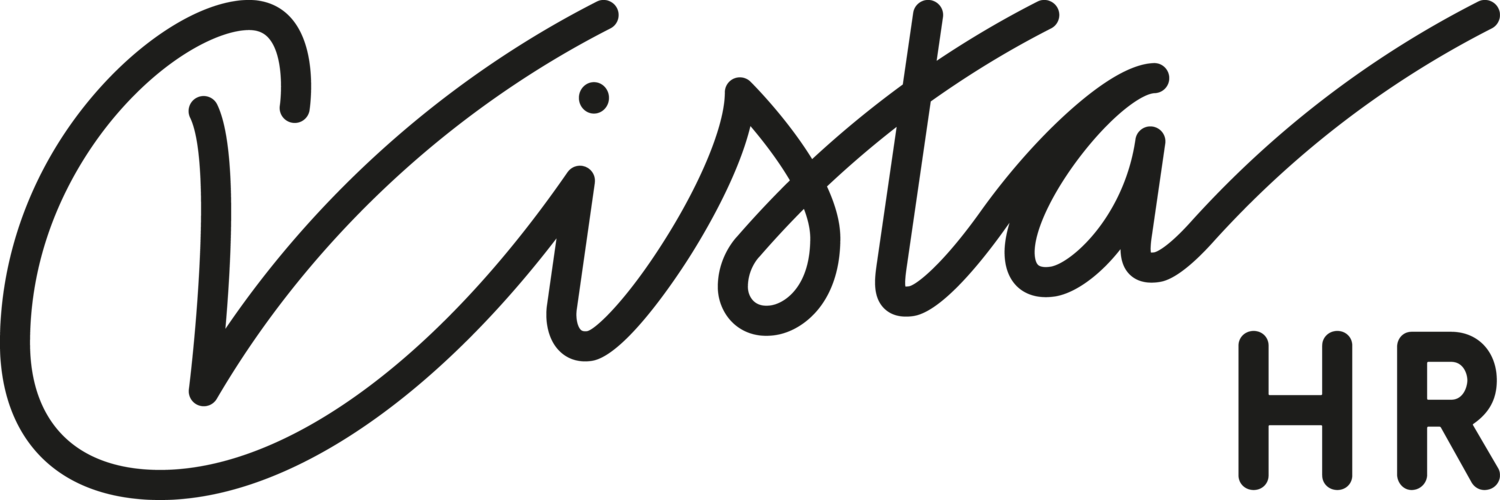What exactly is the Company Culture?
We all compare among ourselves, whether is it salary package or how established the companies you are working for. If I know of a friend working at Google, I would immediately be impressed and exclaim “Wow! I bet it must have been amazing there!”. I associate Google with the excellent culture – on the basis that they must have been giving a lot of perks since they are so established and cash rich.
This article is going to change all of that.
Culture is not about perks
Just because a company keep organizing retreats for its employees, throw birthday parties regularly, keep feeding employees with snacks, encourage work life balance and even allow their employees to bring their families and pets to work does not equate a great culture.
Introducing perks is easy, but changing culture is difficult.
Culture is all about conversations
The best way to understand the company’s culture is through interaction with existing employees inside. Not interaction in the form of corporate video, but genuine one to one conversations for people to reveal their deepest thoughts.
Alternatively, you can understand culture through understanding how is the training and development conducted and to understand how often are feedback consolidated by the management.
Culture depends on the management
The Middle management are probably the person who most influences culture in the organization through the decisions that he makes, as well as the environment he is supposed to encourage.
If you get a middle management who always questions, and always ask for revision of proposals – you will likely get an environment where people are not keen to contribute ideas because they feel insufficient. In comparison, imagine if you get a middle management who encourages mistakes so employees are about to learn, and a middle management who always encourages bottom up feedback to further improve himself or to make strategic decisions.
On the contrary, you have the middle management who always encourage meeting to facilitate discussions among the different team members and yet you have idle management who discourages meeting as it feels it affect the team in achieving their deliverables.
It is possible to have different subcultures within the organization
Because the middle management is the one who have the strongest influence in the culture, it is possible to have different subcultures within the organization. You still need your sales people to be in a very performance orientated culture, while you need the marketing team to celebrate innovation and creativity. You also need the Human Resource Department to be precise, and not encourage a culture of allowing mistakes, especially in the payroll department.
Ultimately, the culture will drive the changes in recruitment, employment branding and most definitely, the attrition rates. This means, that established organizations do not guarantee an awesome culture.

